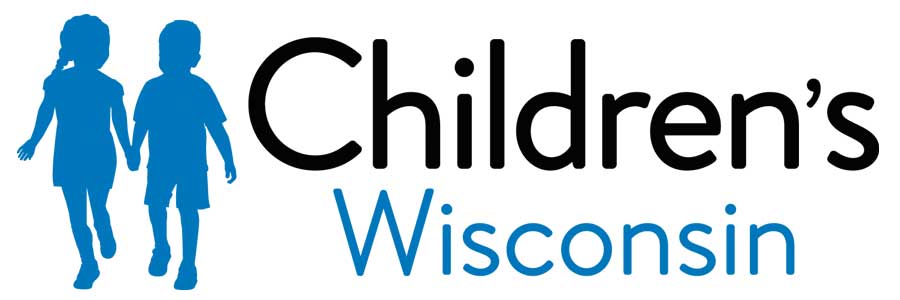How to dispose of prescription pain medicines - and other prescription medicines
Key points below
How to safely use, store and get rid of medicines
Children’s Wisconsin is committed to your child’s safety. Opioids (also called narcotics) can help treat your child's pain. They are very strong pain medicines. These medicines can lead to abuse, misuse and addiction if they are not used and stored correctly.Opioids
• Buprenorphine (Suboxone®)
• Codeine
• Fentanyl
• Hydrocodone
• Hydromorphone (Dilaudid®)
• Meperidine (Demerol)
• Methadone
• Morphine
• Oxycodone
• Propoxyphene
• Subutex®
Opioids with Acetaminophen
These medicines are made up of opioids and acetaminophen:
• Percocet® (Oxycodone and acetaminophen)
• Roxicet (Oxycodone and acetaminophen)
• Norco® (Hydrocodone and acetaminophen)
• Vicodin® (Hydrocodone and acetaminophen)
• Lortab (Hydrocodone and acetaminophen)
• Norcet (Hydrocodone and acetaminophen)
If your child was prescribed any medicine with acetaminophen in it (like Tylenol®), ask your doctor before giving any extra acetaminophen. Too much acetaminophen can be harmful.
1. Keep pain medicines in a safe, secure place.
All medicines should be kept in a locked cabinet. Only people who need to give these medicines should know where they are kept. Even teenagers should be given this medicine by an adult.
2. Do not give them to anyone else.
Never share prescription medicines with others. This is dangerous. Taking someone else’s medicine can cause serious harm, drug abuse and death. It is also against the law.
3. Follow the directions on the medicine bottle.
Follow the instructions on how much to take and when the medicine should be taken. You and the doctor will decide when pain medicines are no longer needed.
• If your child accidentally gets too much or the wrong medicine:
o Call 911 if your child is difficult to wake up or
o The Wisconsin Poison Center can help. Call 1-800-222-1222 which is open 24 hours per day and 7 days per week or visit www.wisconsinpoison.org
4. Get rid of unused medicines.
Do not save any medicine to use later. Old and unused medicines in your home may:
• Be a risk for accidental poisoning.
• Be taken by someone other than the person who was prescribed the medicine.
• Be taken by someone who does not have pain and is abusing the medicines. More than half of the people who abuse these medicines get them from friends and family.
• Pollute water if they are flushed or put in the trash. This can harm fish and wildlife.
How do I get rid of unused medicines?
• Some pharmacies and police stations will take left over medicines. This can be done without giving your name.• To find a drug take back location, visit the Dose of Reality website: https://bit.ly/2Hqp0hz.
• If you cannot use the website, please ask your nurse, doctor or pharmacist to help you.
